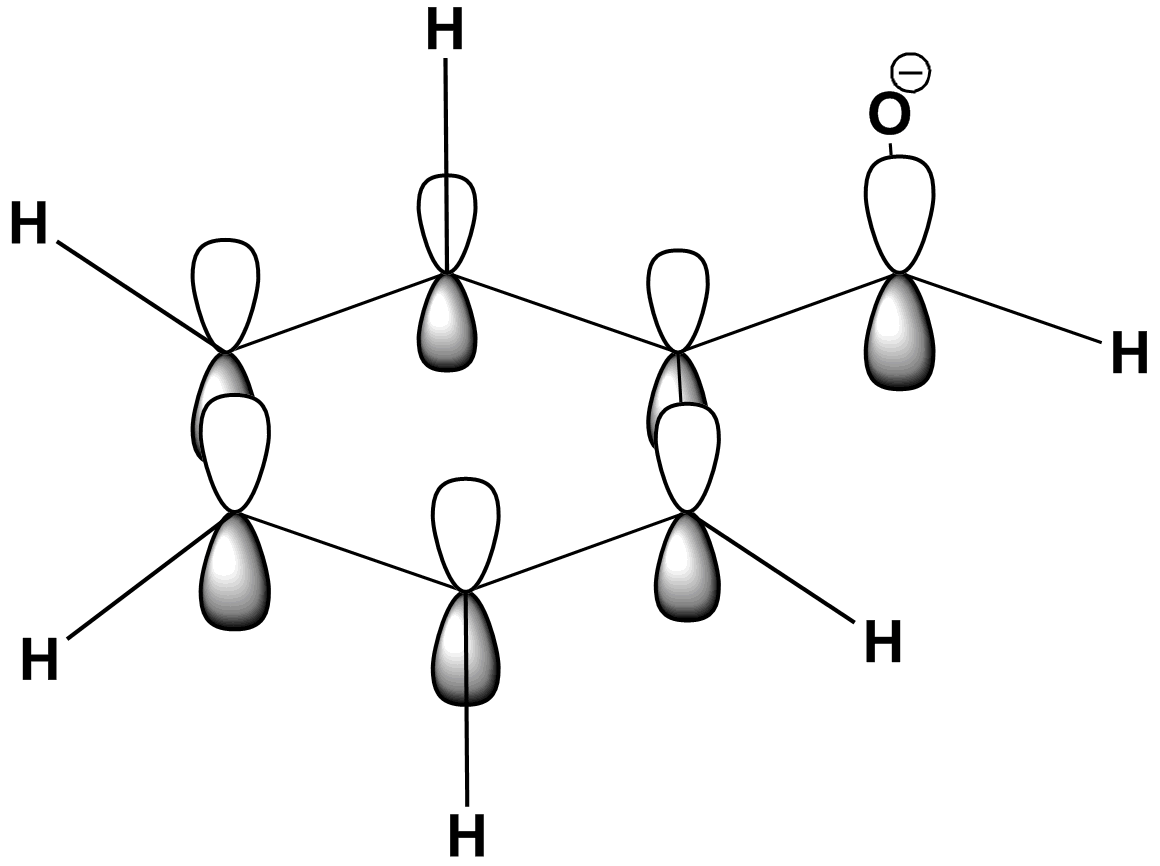The ketone carbonyl group is less reactive to nucleophilic attack than aldehyde since the alkyl group in ketone is electron-donating towards the carbon.
Is this the same case for benzophenone, where there is a phenyl group?
Phenyl groups are usually electron-withdrawing, but in the case of benzophenone, would it be electron-donating through resonance?


